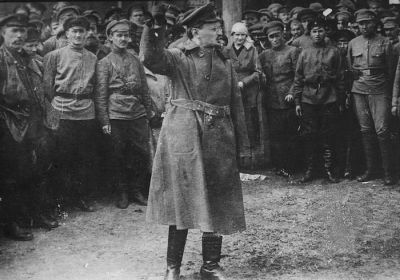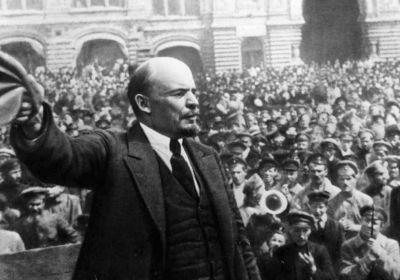-
-
-
-
-
-
-
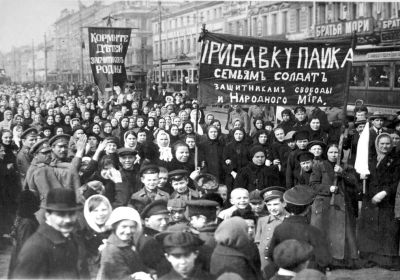
Socialists organised mass protest rallies in Petrograd (as Saint Petersburg was renamed after the outbreak of World War I in 1914) in February 1917. These protests took place on March 8 (February 23 according to the Russian calendar used at the time), International Women’s Day, rallying women workers to demand bread, peace, and liberty. But, as a contemporary police report stated, the women workers “got out of hand.”
They attracted the support of large numbers of male workers as well. The police proved unable to contain the growing and increasingly volatile protests. Soon 385,000 workers were on strike and many engaged in confrontations with the police in the streets.
-
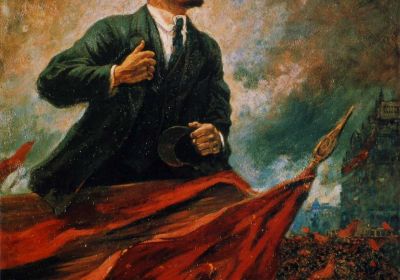
The 100th anniversary of the Russian Revolution, the first socialist revolution in world history, is marked on October 25 — the date the Bolsheviks lead the revolutionary seizure of power by the soviets (councils of workers, peasants and soldiers).
Socialist activist and historian Paul Le Blanc has written a detailed overview of the revolution, from its background to its aftermath. Green Left Weekly is running it over four parts, with the first part here.
-
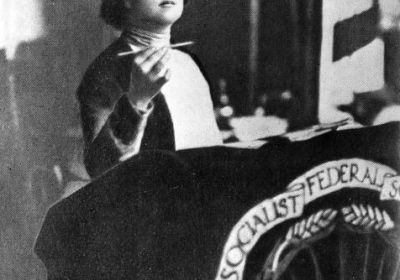
Born in 1872 to a wealthy land-owning family, Alexandra Kollontai was raised in both Russia and Finland, acquiring an early fluency in languages which served her well in her later revolutionary work. She began her political work in 1894, when she was a new mother, by teaching evening classes for workers in St Petersburg.
Through that activity she was drawn into public and clandestine work with the Political Red Cross, an organisation set up to help political prisoners. In 1895, she read August Bebel’s Woman and Socialism, which had a major influence on her ideas about the emancipation of women.
-
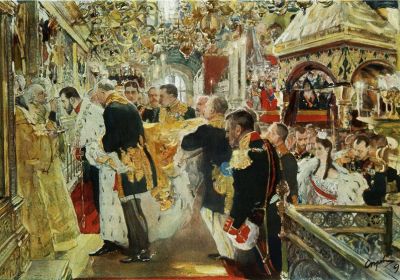
At Tsarskoe Selo, the Romanov monarchy’s palatial rural retreat where the former “Tsar of all Russia”, Nicholas II, was detained after being forced to abdicate by the February 1917 revolution, the once all-powerful autocrat found much to get annoyed about.
In particular, Nicholas disliked the military bands that serenaded him with rousing renditions of the anthem of liberation, The Marseillaise, and, with black humour, Chopin’s Funeral March.
-
-
Russia
Russia



